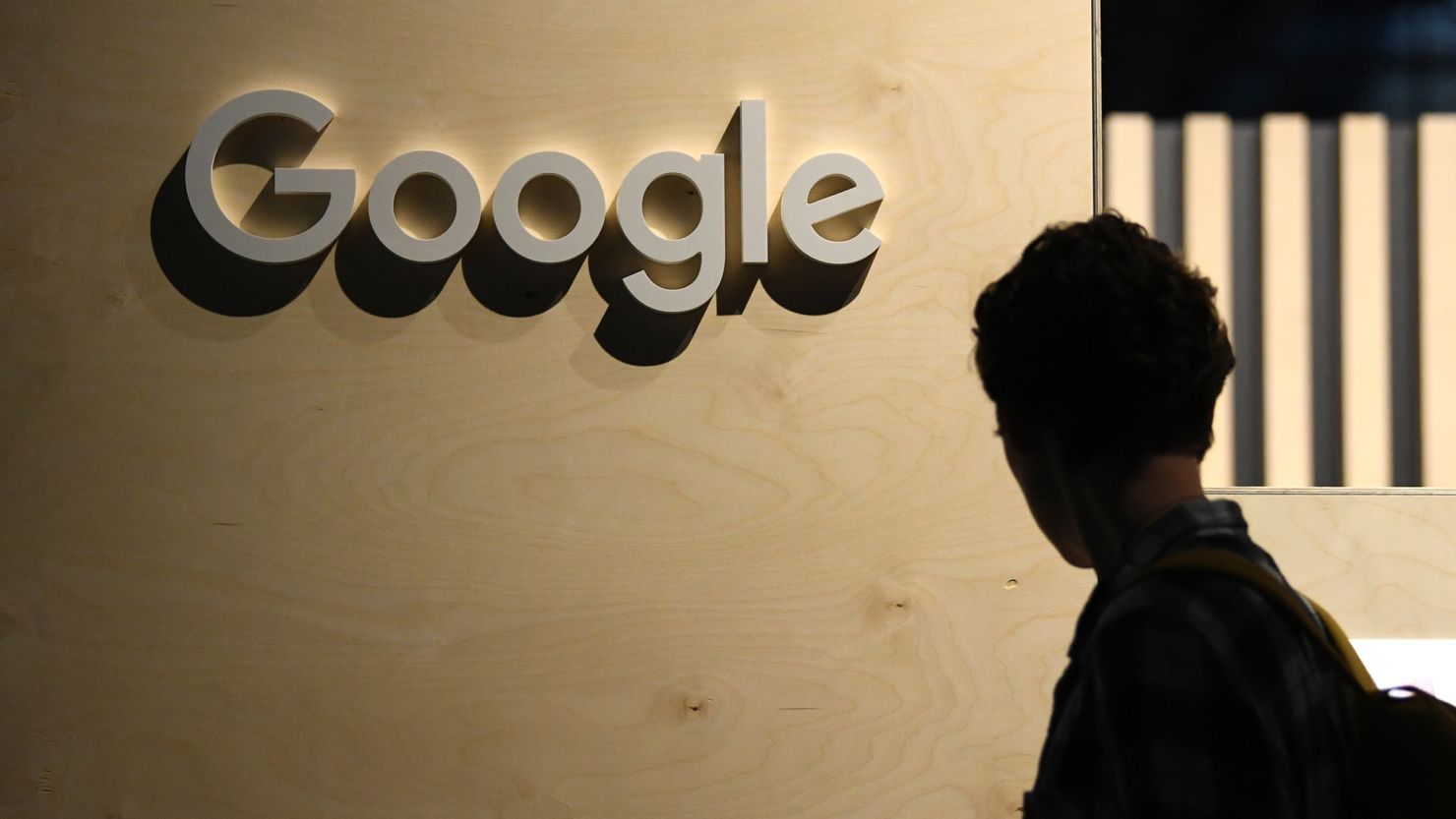By Erika Koutroumpa,
Google has, once again, found itself at the center of a contentious legal battle over user privacy. The dispute in question revolves around the company’s data tracking practices, particularly concerning users, who believed their online activities were protected while using incognito or private browsing modes. The case, which originated in the Northern District of California in 2020, has been a protracted legal struggle, lasting four years before reaching a settlement in April. The plaintiffs initially sought nearly $9 billion in damages, highlighting the high stakes involved in this privacy lawsuit.
At the heart of this legal dispute lies a fundamental question about user privacy in the digital age. Users of Google’s incognito mode believed that their online activities were shielded from the company’s data collection practices. However, the plaintiffs alleged that Google continued to track and collect data even when users engaged these privacy-focused browsing modes. This revelation, hence, led to the filing of a class action lawsuit. Class actions allow an individual or a small group to file a lawsuit on behalf of a larger group of similarly affected individuals, typically those who have suffered physical or financial harm allegedly caused by the defendant.

After years of intense litigation and negotiations, the two parties reached a settlement in April. As part of the agreement, Google committed to several significant actions, which included some stipulations that acted as a compromise between the two parties. These included deleting billions of data records pertaining to users of its incognito mode, providing clearer explanations regarding the types of data collected from users and allowing incognito mode users to block third-party cookies for a period of five years from Google’s side of the bargain. However, the settlement did not include any provisions for monetary compensation to the affected users. It did preserve, though, the right for affected individuals to pursue monetary damages through individual lawsuits in California, an option that thousands of users have already exercised.
Following up to the settlement, the plaintiffs’ legal team has submitted a substantial request for legal fees, amounting to $217 million in total. To justify this enormous sum, the lawyers claim to have invested approximately 78,880 hours of work on the case, which translates to about $62 million when calculated using standard billing rates. The plaintiffs’ team argues that the application of the Lodestar method is appropriate in this instance, given their success in the class action litigation. The lodestar method is a widely recognized approach for calculating attorney’s fees, considering both the hours worked and a reasonable hourly rate.
Google has taken a firm stance in response to these developments. The tech giant asserts that they have not violated any privacy laws and argues that the requested amount for legal fees is not only excessively high but also unjustified, especially considering the circumstances of the case. At the same time, their defense attorneys have voiced strong objections to the requested legal fees, contending that the plaintiff’s team has significantly overcharged for their services. Throughout the proceedings, Google consistently denied any wrongdoing and did not agree to pay any monetary damages as part of the settlement.
The judge overseeing the case has also made some enquiries regarding the plaintiffs’ billing practices. Specifically, the court took issue with the charge of $667 per hour for document review tasks and the employment of what was deemed an excessive number of staff members on the case. In their defense, the plaintiffs argue that most of the resources utilized were necessary to fully comprehend and address the complex mechanisms employed by the defense. Despite these arguments, the court ultimately declined to award damages.

This legal dispute sheds light on a broader issue in the realm of class action lawsuits. It becomes evident that settling such cases can be particularly challenging when there is no direct monetary compensation involved for the affected parties. The complexities of negotiating terms and determining appropriate legal fees in such scenarios, often lead to protracted discussions and disagreements.
While the settlement marks the end of this legal battle, it opens new questions about the future of online privacy. The case has highlighted the need for greater transparency, from tech companies, about their data collection practices and the limitations of privacy-focused browsing modes. In the coming years, more clarifications over how tech companies approach user privacy, and how courts handle similar disputes in the future, are expected to be made in the form of legal dispute resolutions.
In conclusion, the Google incognito mode lawsuit highlights the complex interplay between technological advancement, user privacy, and legal frameworks in an increasingly digital world. As we move forward, it is clear that the debate over online privacy and data collection practices will continue to be a critical issue for users, tech companies, and legal systems alike.
References
- Legal Free Tracker: Google, Privacy Lawyers Clash Over $217 Million Fee Bid. World Lawyers Forum. Available here
- Google ‘Incognito’ Case Attorneys Unlikely to Win $217 Million. Bloomberg Law. Available here
- Google Blasts $217 Million Legal Fee Bid At Hearing In US Privacy Case. American Law Reporter. Available here
- Frequently asked questions. ClassAction.org. Available here
- Brown v. Google LLC, N.D. Cal., No. 4:20-cv-03664, hearing on 8/7/24




